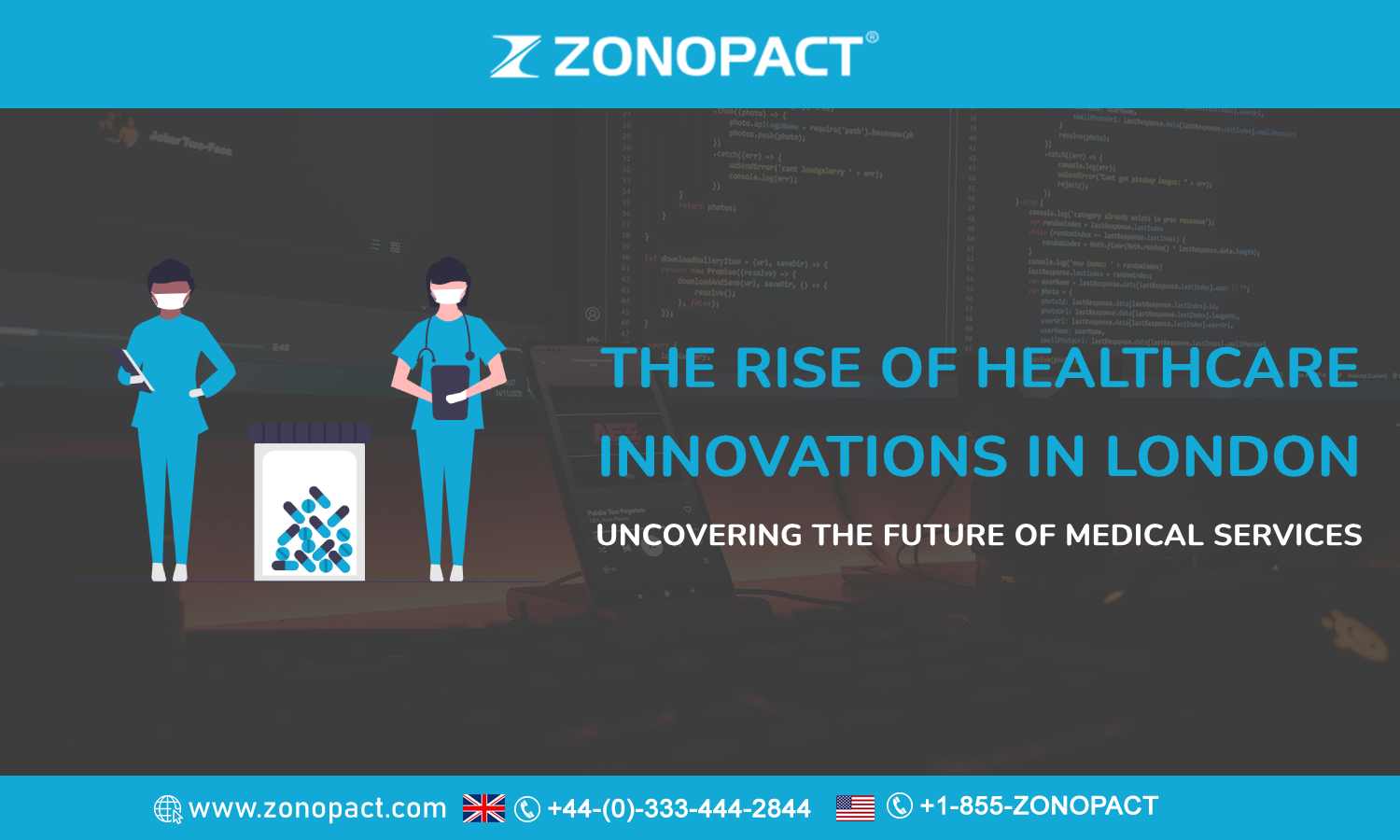
In the bustling city of London, a revolution is underway in the field of healthcare. From cutting-edge technologies to groundbreaking research, the capital of the United Kingdom has become a hotbed for healthcare innovations. As the demand for quality medical services continues to rise, London has stepped up to the challenge, unveiling a future that promises to transform the way we approach healthcare. In this article, we will delve into the exciting world of healthcare innovations in London, uncovering the latest advancements and exploring the potential they hold for the future of medical services. Join us on this journey as we shine a spotlight on the incredible minds and groundbreaking initiatives that are reshaping the landscape of healthcare in the heart of London. Get ready to be inspired by the remarkable discoveries and game-changing technologies that are revolutionizing the way we care for our health.